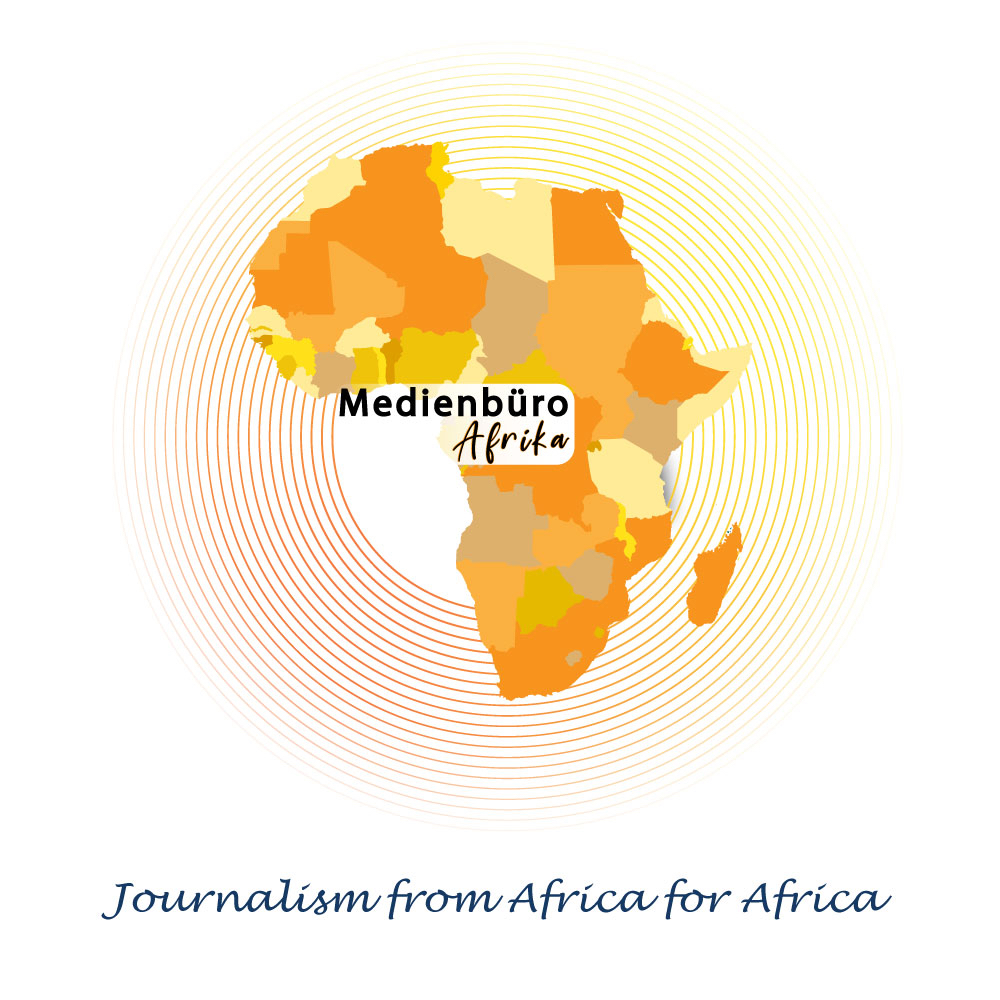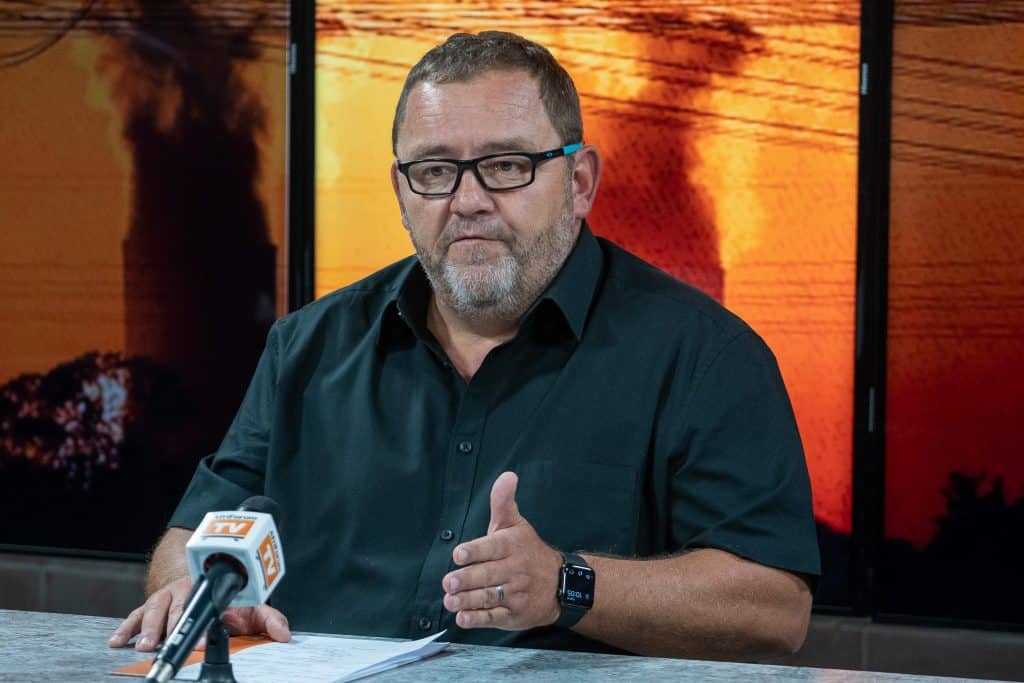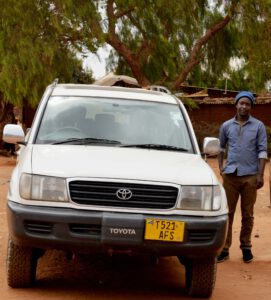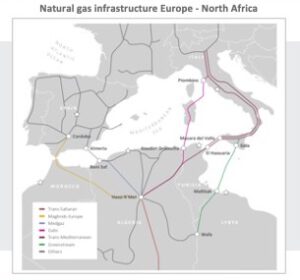Pretoria / South Africa Civil rights organisation AfriForum has plans to develop Project AfriEnergy. The project aims to generate alternative sources of power, to ensure that South Africans are not reliant on the national grid. This follows a severe energy crisis in South Africa. The country is suffering a prolonged loadshedding which has been the greatest barrier to economic expansion.
Loadshedding in South Africa has been a major issue since 2007. Eskom, the country’s main energy supplier, is struggling to keep up with the demand for electricity, resulting in nationwide power cuts. This has had a severe impact on the country’s economy, with businesses being forced to close and people losing jobs. The Reserve Bank estimates that South Africa is losing an estimated $51 million every day due to loadshedding, and predicts that there will be 250 days of power blackout in 2023, resulting in an economic loss of $12.7 billion.
The severe energy crisis has been caused by lack of investment in new infrastructure and maintenance of existing infrastructure, leading to an unreliable power supply. The continued loadshedding has led to an increase in energy costs, making it difficult for businesses to operate and thus contributing to a decrease in economic growth. As a result, AfriForum is planning to introduce an alternative energy solution by launching Project AfriEnergy. It is hoped that this project will help reduce the country’s dependence on Eskom and improve energy supply.
“Project AfriEnergy is a broad electricity plan that flows from the realization that the state and Eskom are no longer able to supply power to the country. We can no longer watch as the country is destroyed due to the power crisis. AfriForum will play a role in bringing investments and expertise together to look at a multitude of solutions and models.”
“The decentralization of electricity is of critical importance, and we will work together with all role players to achieve these goals,” says Kallie Kriel, CEO of AfriForum.
Project AfriEnergy’s plan to end loadshedding in South Africa involve a three-phase approach. The first phase focuses on short-term solutions such as providing the public with information on solar panel installation to become more independent of Eskom.
Johan Kruger, AfriForum’s Head of Community Sustainability, said, “with phase one, it is essential for AfriForum that consumers understand the basic principles of what is available in the market. They must be able to work in a responsible manner to find cost-effective solutions to their power problems. Different consumers in the residential, commercial and industrial sectors all have different needs. With the guide that AfriForum is releasing today, we focus on useful information about what to look out for in the market and how to look for efficient service companies.”
The second phase involves helping towns, cities and communities to put pressure on local governments to free them from electricity sold by municipalities. The third and final phase looks at the possibilities of nuclear power and the deployment of nuclear energy solutions. Comprehensive research is still needed for this.
Author: Kimberley Asah Netzhivhale




